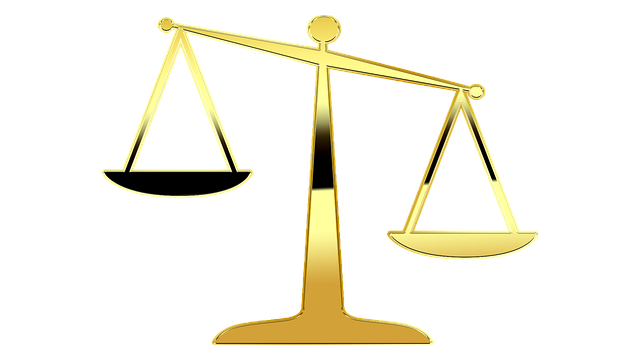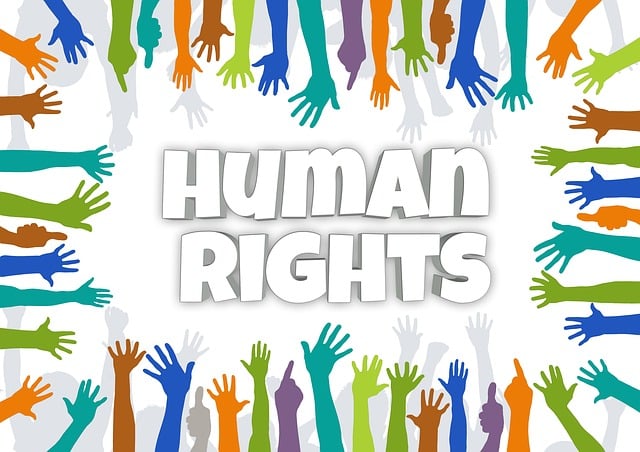Whistleblower protection laws empower individuals to expose illegal or unethical activities in organizations by offering legal safeguarding against retaliation. To participate in class action lawsuits, whistleblowers must demonstrate a good-faith belief in their claims and suffer adverse employment consequences due to their disclosure. This process involves investigative stages leading up to jury trials, aiming for challenging defense verdicts. A Class Action Lawsuit is a powerful strategy where individuals with shared experiences of harm band together, with each case unique but collectively amplifying their voices and resources. To qualify, plaintiffs must meet specific class action lawsuit eligibility requirements, such as a genuine concern for public interest and evidence of retaliation for reporting misconduct. Strategic approaches, strong evidence, and skilled attorneys are crucial for successful whistleblower protection lawsuits, which drive changes in corporate behavior, policy reforms, increased regulatory oversight, and enhanced ethical standards across industries.
Whistleblower protection lawsuits are instrumental in upholding ethical practices within organizations. This comprehensive guide delves into the intricacies of whistleblower laws, shedding light on class action lawsuit eligibility requirements. Understanding what constitutes a valid case involves examining key elements of evidence and legal strategies. By exploring successful outcomes, individuals can navigate the complexities of these lawsuits, ensuring justice for unethical conduct. Discover how whistleblowers are empowered to make a significant impact through this legal mechanism, especially when it comes to Class Action Lawsuit Eligibility Requirements.
- Understanding Whistleblower Protection Laws: A Comprehensive Overview
- What is a Class Action Lawsuit? Definition and Dynamics
- Eligibility Requirements for Whistleblower Protection Lawsuits
- Key Elements in Proving a Valid Case: Evidence and Legal Strategies
- The Impact and Outcomes of Successful Whistleblower Protection Lawsuits
Understanding Whistleblower Protection Laws: A Comprehensive Overview

Whistleblower protection laws are designed to safeguard individuals who expose illegal or unethical activities within their organizations from retaliation. These laws provide a legal framework, ensuring whistleblowers can come forward without fear of persecution. Understanding these protections is crucial for anyone considering taking legal action under these provisions.
In many jurisdictions, whistleblowers have the right to file class action lawsuits when facing adverse employment actions after disclosing wrongdoing. To be eligible for such lawsuits, individuals must meet specific criteria, including demonstrating a good-faith belief in the validity of their claims and suffering adverse consequences due to their disclosure. The process involves all stages of the investigative and enforcement process, culminating in potential jury trials where plaintiffs aim to secure winning challenging defense verdicts.
What is a Class Action Lawsuit? Definition and Dynamics

A Class Action Lawsuit is a legal mechanism where multiple individuals or entities join forces to pursue a common legal claim against an organization or entity. This powerful tool allows those who have suffered similar injuries, losses, or violations of their rights to band together, amplifying their collective voice and resources. In such lawsuits, each plaintiff’s case may be distinct, but the shared thread is the alleged wrongdoing by a particular defendant.
This type of lawsuit operates on a “one for many” principle, where one representative or lead plaintiff files a complaint on behalf of all affected parties. The court then certifies the case as a class action, defining the “class” and setting parameters for participation. This process ensures that each member of the class has the right to participate or opt-out, with potential monetary rewards or other remedies determined based on individual circumstances. Achieving extraordinary results, a successful class action can provide substantial compensation and change the respective business’s practices, holding them accountable for their actions.
Eligibility Requirements for Whistleblower Protection Lawsuits

Whistleblower protection lawsuits are designed to safeguard individuals who expose illegal or unethical activities within their respective businesses or organizations. To be eligible for such legal protection, potential whistleblowers must meet specific criteria. These eligibility requirements ensure that the lawsuit is valid and that the plaintiff has a strong case.
Typically, class action lawsuit eligibility requirements include factors like having a genuine concern for public interest, facing retaliation for reporting illegal activities, and providing substantial evidence to support their claims. A general criminal defense attorney can guide potential whistleblowers through these criteria, ensuring they understand their rights and the strengths of their case. The ability to present this evidence in a jury trial is a crucial aspect of whistleblower protection, as it allows for public scrutiny and accountability.
Key Elements in Proving a Valid Case: Evidence and Legal Strategies

Proving a valid whistleblower protection lawsuit requires a strong understanding of key elements and effective legal strategies. First, gathering compelling evidence is paramount. This includes documented proof of the illegal activity being reported, such as internal communications, financial records, or witness statements. Additionally, establishing a clear nexus between the whistle-blower’s actions and the subsequent adverse employment decisions is crucial. Legal professionals can leverage these pieces of evidence to build a robust case for their clients.
Strategically, plaintiffs should focus on meeting the eligibility requirements for class action lawsuits, which often involve demonstrating patterns of similar mistreatment across a group of individuals. Skilled attorneys specializing in both white-collar defense and general criminal defense can navigate complex legal landscapes, utilizing strategic arguments to protect their clients’ rights. They may challenge the validity of evidence used against whistle-blowers or assert that retaliation was not the primary motive behind employment actions, thereby safeguarding their clients’ interests.
The Impact and Outcomes of Successful Whistleblower Protection Lawsuits

Successful whistleblower protection lawsuits have a profound impact on both corporate and individual clients, reshaping business practices and fostering accountability for white-collar and economic crimes. These suits serve as deterrents, encouraging organizations to strengthen their internal controls and compliance measures to prevent future misconduct. When whistleblowers come forward with compelling evidence of wrongdoing, they not only expose hidden truths but also instigate significant changes within companies, leading to improved corporate governance and increased transparency.
The outcomes of such lawsuits extend beyond monetary compensation for the whistleblower. They often result in policy reforms, enhanced regulatory oversight, and the establishment of more robust ethics programs across industries. This has a ripple effect on philanthropic and political communities, as it strengthens the integrity of public institutions and encourages ethical behavior in the private sector. By holding individuals and entities accountable, these lawsuits contribute to a culture of responsibility and trust, ultimately benefiting society at large.
Whistleblower Protection Lawsuits play a vital role in fostering transparency and accountability within organizations. By understanding the intricacies of these legal mechanisms, individuals can leverage their rights effectively. This article has explored key aspects, from comprehending whistleblower protection laws to unraveling the dynamics of class action lawsuits and identifying eligibility requirements. Armed with this knowledge, whistleblowers can navigate the legal landscape, gather compelling evidence, and employ strategic legal approaches to ensure successful outcomes that hold wrongdoers accountable and promote a culture of integrity.






